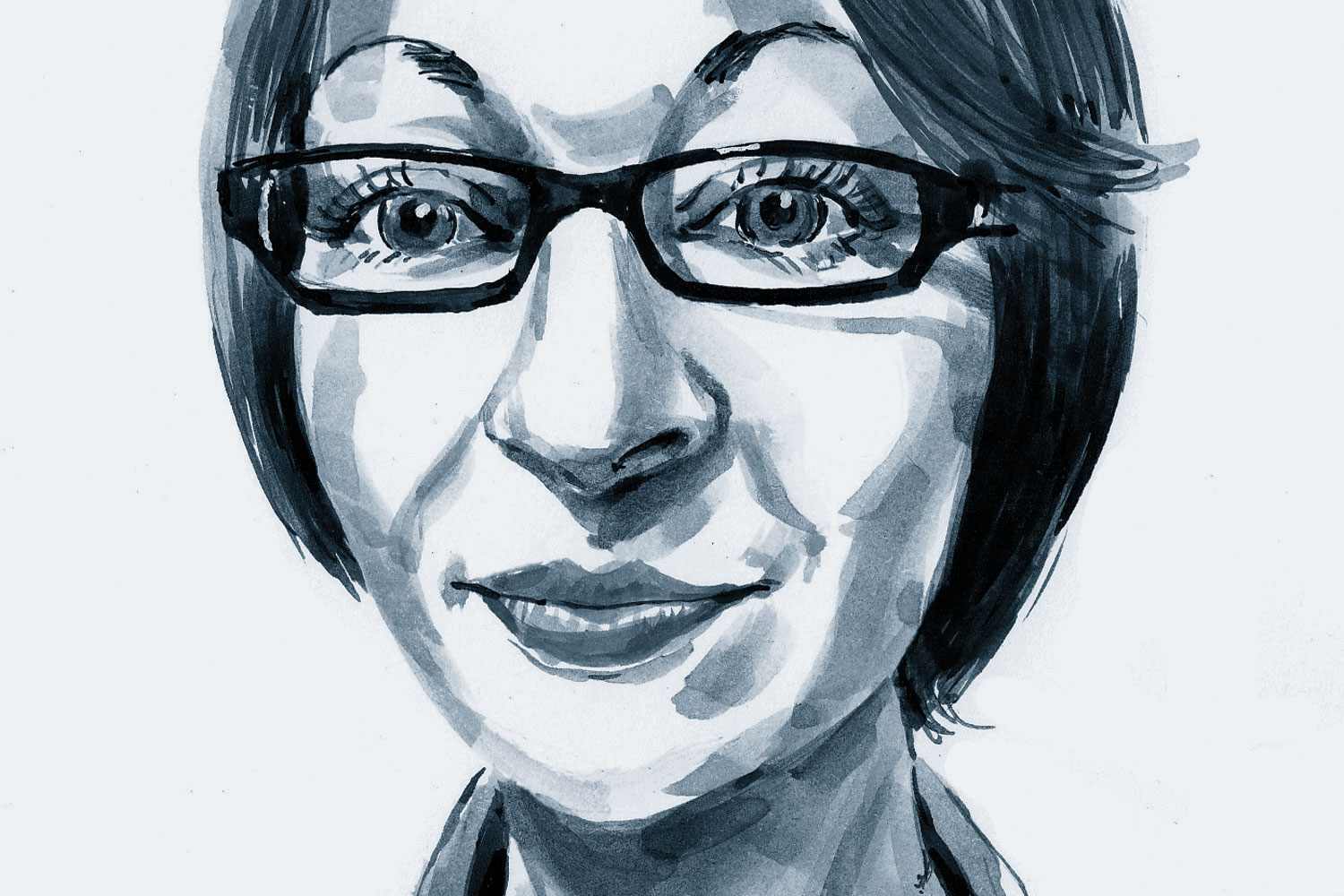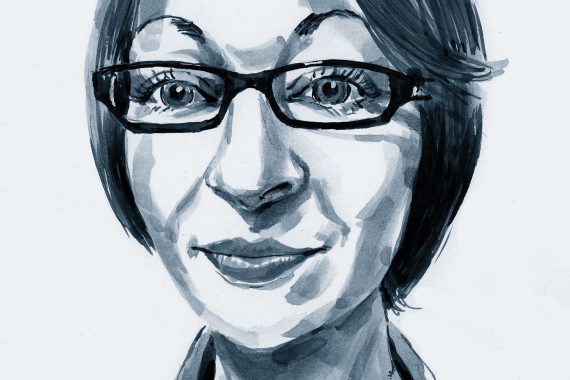
We’ve been witnessing an increasing ability for women (and men) to speak up about inappropriate behaviour. It’s easy to assume that, for example, #MeToo is unique to the entertainment industry, but many of us in medicine will have examples of such behaviour.
I recently had an interesting conversation with a colleague. He is the stereotypical GP – a 50-something white male. We were chatting about casual sexism in general practice. He was frank about the fact he hadn’t really noticed it, having never felt on the receiving end nor seen colleagues affected by it.
I’m not a delicate wallflower. I’m pretty confident, certainly in a professional environment. Like all female medics I’ve been in situations where I’ve been the only woman. I’m happy to take some overplayed sexism, intended to provoke a rise, and can easily return the general level of chat that inevitably arises on occasion.
What I don’t expect is to have male colleagues telling me they like to see me wearing something different to what I’ve dressed in that day. I don’t expect to sit with a group of male colleagues and hear them relate their sexual conquests. I don’t want to hear an assessment of my female co-workers breasts. I don’t want to hear they are obviously frigid or gay, because a clumsy attempt at a fumble was rebuffed. I don’t want to see colleagues so drunk they can’t remember what they are meant to be doing the next day. I don’t want to be asked to make coffee because it’s a woman’s job.
If everyone there is like you, it’s time to ask who’s missing
My colleague was speechless at some of these examples. He had no idea this kind of behaviour was still happening; he doesn’t do it, so assumed others didn’t either. It was something of a reality check – and my experiences are far from the worst.
Which brings us to equality. Should men and women be paid equally for the same job? Of course. That doesn’t mean we are the same. We have different strengths, weaknesses and abilities. We should be seeking to include colleagues of all backgrounds and genders in our professional groups. The more points of view we hear, the more likely we are to think beyond our own experience.
I’m a woman and therefore in a relative minority when you look at positions in CCGs, on STP boards, within our union, and in government or business. But I have no idea of the experiences of people of other ethnicities, or what it’s like for colleagues who aren’t heterosexual. Women don’t have a monopoly on discrimination.
Next time you’re in a meeting, look around. If everyone there is like you, it’s time to ask who’s missing.
Some 52% of GPs in the UK are female, as many as 40% could be either salaried or locum doctors and 31% describe themselves as black and minority ethnic. Who is making decisions in your practice, your area or your profession? Do they look like those they are supposed to represent?
Final point: a Muslim, a Jew, a Christian, a Hindu, a pagan and an atheist all walk into a coffee shop. They talk, drink, laugh and become good friends. It’s not a joke – it’s what happens when you’re not an asshole.
Dr Zoe Norris is a GP in Hull
Pulse October survey
Take our July 2025 survey to potentially win £1.000 worth of tokens













